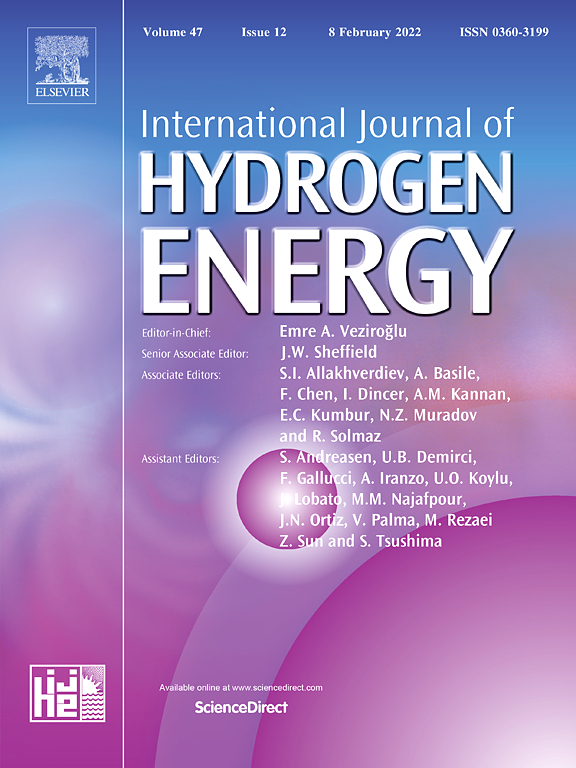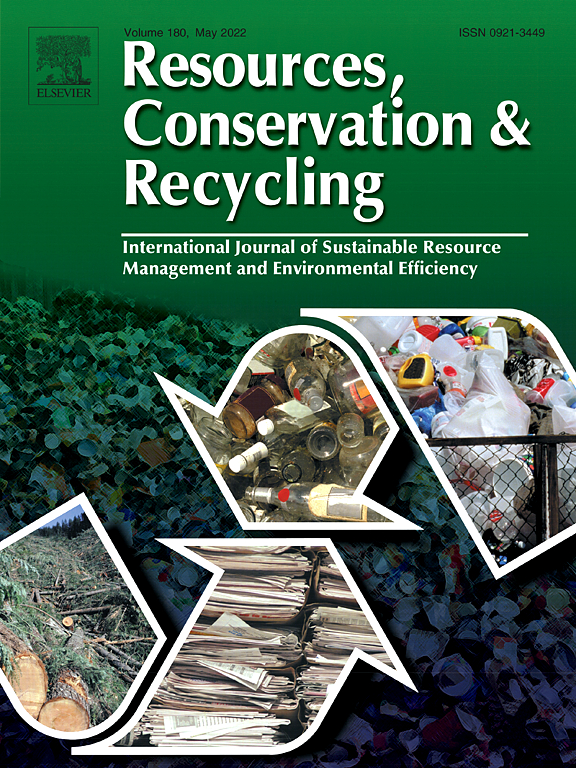Knowledge Hub

Green Hydrogen Potentials from Surplus Hydro Energy in Nepal
2021
Author(s): Thapa BS, Neupane B, Yang H, Lee Y-H
This paper studies the potential of green hydrogen production from hydropower energy and its application in electricity regeneration and replacement of petroleum products from the transportation sector in Nepal.
Making Hydrogen Society a Reality in Asia
2021
Author(s): Nandakumar Janardhanan
Hydrogen is a potentially transformative multi-functional fuel that could help many countries achieve ambitious decarbonisation targets. High concentrations of heavy industries and rising transport...

Prospects on End of Life Electric Vehicle Batteries Through 2050 in Catalonia
2022
Author(s): Crespo M S, Gonzalez MVG, Peiro L T
This study aims at forecasting the number of batteries due to be collected yearly from 2020 to 2050 in Catalonia (Northeast Spain).
Electric Vehicle Impact on Energy Industry, Policy, Technical Barriers, and Power Systems
2022
Author(s): Abo-Khalil AG, Abdelkareem MA, Sayed ET, Maghrabie HM, Radwan A, Rezk H, Olabi AG
The essence of this study is to cover the main components of the EV, the needed infrastructure, and investigate the impacts of the high insertion in the power systems.
How to Manual: Siting Electric Vehicle Charging Stations in Indian Cities
2022
Author(s): Natural Resources Defense Council (NRDC)
Increasing the fleet of electric vehicles (EV) and charging infrastructure in India are key to improving air quality in cities, enhancing energy security by reducing dependence on imported crude oil, and fighting climate change. India aims to have at least 30 percent of new vehicle sales be electric by 2030 and could potentially have 102 million EVs on the road.
Ready to Charge Siting Electric Vehicle Charging Stations in Hyderabad
2022
Author(s): Natural Resources Defense Council (NRDC)
This case study highlights that a judicious approach to siting ensures funds for public projects are used efficiently, efforts are not duplicated, and regulators account for siting considerations when planning for charging infrastructure.
Impact of Incentives for Greener Battery Electric Vehicle Charging – A Field Experiment
2022
Author(s): Kacperski C, Ulloa R, Klingert S , Kirpes B, Kutzner F
The widespread adoption of battery electric vehicles (BEVs) is frequently mentioned to lessen the transportation sector's climate impact. BEVs emit considerable greenhouse gas during production and afterward through the energy used for charging.

Pioneers of Electric Mobility: Lessons About Transport Decarbonisation from Two Bay Areas
2022
Author(s): Tsoi KH, Loo BPY, Tal G, Sperling D
This paper aims to capture lessons learned from two bay areas, namely the Guangdong-Hong Kong-Macau Greater Bay Area (GBA) in China and the San Francisco Bay Area (SFBA) in the United States. These two regions are pioneers in electric mobility within the world's two largest economies.
Mobility at the Crossroads – Electric Mobility Policy and Charging Infrastructure Lessons from Across Europe
2022
Author(s): Sæther SR
This analysis investigates the effects of electric mobility policies and charging infrastructure on plug-in electric vehicle (PEV) market shares in Europe from 2009 to 2019.
A Review on Electric Vehicles: Technologies and Challenges
2021
Author(s): Sanguesa JA, Torres-Sanz V, Garrido P, Martinez FJ, Marquez-Barja JM
In this paper, the authors analyzed the types of EVs, the technology used, the advantages with respect to the internal combustion engine vehicles, the evolution of sales within the last years, and the different charging modes and future technologies.



